(LĐXH) - Although women account for about 1/3 of the total number of Vietnamese workers working abroad each year and make significant economic contributions, female workers face risks when working abroad.
250,000 female workers working abroad bring in 2.5 billion USD each year
Vietnam is the second country in the region in terms of the number of people working abroad. It is estimated that there are currently about 650,000 Vietnamese people working in more than 40 countries around the world . In 2023 alone, 160,000 people went abroad to work under contract, of which women accounted for over 35%.
Dr. Le Duy Binh, Director of Economica Vietnam, said that Vietnam has about 250,000 women working abroad, with an income of about 1,000 USD or more per month.
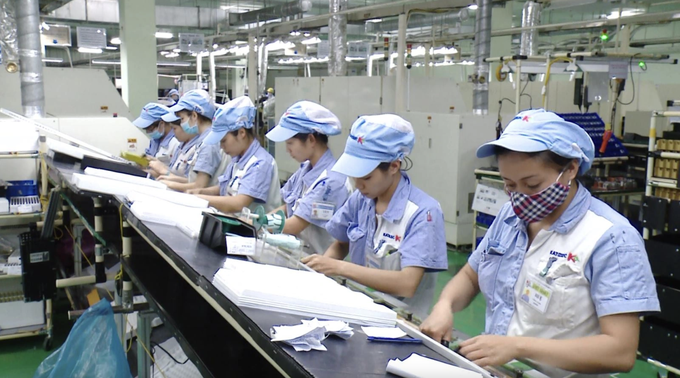
On average, each year, these 250,000 female workers generate about 2.5 billion USD in remittances, accounting for 15% of the total remittances sent to Vietnam each year (remittances sent to Vietnam will reach about 16 billion USD in 2025). This is a huge amount of money, contributing to Vietnam's socio-economic development.
According to Dr. Hoang Tu Anh, Director of the Center for Health and Population Initiatives, Vietnam is the largest market for sending workers abroad to work in the region, creating great opportunities for women to change their lives and income.
By participating in the foreign labor market, in addition to improving income, women also broaden their horizons, communicate and increase their opportunities in life. However, they still face risks in the process of working abroad, such as violence, lack of transparency in salary issues, etc.
Ms. Nguyen Mai Thuy, Migration Program Coordinator, International Labor Organization (ILO) also shared that during the migration process, female workers face double risks.
“Domestic workers often work in isolated environments, and are largely not protected by law in terms of wages, working hours, rest breaks, and social security. They themselves are at risk of being exploited, involved in forced labor, and even human trafficking, but the complaint mechanism is still limited,” Ms. Thuy informed.
Ensuring a safe and dignified working environment for workers
Mr. Nii Anddy, Director of the Resettlement Shaping - Development Orientation Program of the German International Cooperation Agency (GIZ), said that migration for work has become an essential means of livelihood and a gateway to better opportunities for many workers, including female workers in Vietnam.
However, according to Mr. Anddy, although migration offers opportunities to increase women’s economic independence, the journey is also fraught with challenges. Specifically, they may face potential risks including exploitation, abuse and inadequate access to policies, laws and support services.
After many years of researching women working abroad, Dr. Khuat Thu Hong, Director of the Institute for Social Development Studies, admitted that labor migration is an inevitable trend that now needs to be viewed from a global perspective.
According to Ms. Hong, the State’s policy in the field of sending workers to work abroad is relatively complete and perfect, but there still seems to be a gap for this group. The number of workers going through “word of mouth” or informal channels is still very large, but it is not possible to fully manage them, especially to markets in Thailand, Taiwan (China)…
Therefore, they are almost not protected by the law. Meanwhile, most of them are middle-aged women, coming from rural areas with low education level, no job, no social skills.
Having worked for many years in the overseas labor management agency, Mr. Nguyen Gia Liem, former Deputy Director of the Overseas Labor Management Department, said that sending workers to work abroad is an orientation to solve employment and increase income, but importantly, it also contributes to training and improving the quality of Vietnamese human resources abroad for effective use after returning home.
According to Mr. Liem, the law has mechanisms to support workers, but the way of organizing implementation at the local level, social organizations and businesses needs to be improved.
Another important issue is to strengthen inspection and examination of enterprises carrying out dispatch work; consider adding regulations requiring enterprises to purchase insurance for employees at a minimum level when working abroad.
In addition, businesses need to ensure that they review their sending activities, coordinate with organizations and local authorities ineducating and orienting workers before they leave the country... Most importantly, workers need to know how to protect themselves. In case the issue cannot be resolved, the intervention of authorities is required.
Ha Phuong
Labor and Social Affairs Newspaper No. 148
Source: https://dansinh.dantri.com.vn/nhan-luc/dam-bao-an-toan-cho-lao-dong-nu-lam-viec-o-nuoc-ngoai-20241210130843075.htm

























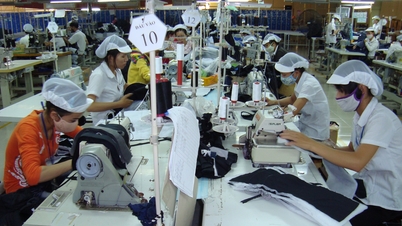

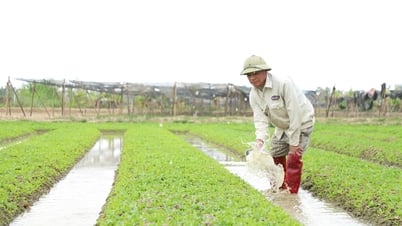

![[Photo] Central Propaganda and Mass Mobilization Department meets with exemplary journalists](https://vphoto.vietnam.vn/thumb/1200x675/vietnam/resource/IMAGE/2025/6/21/9509840458074c03a5831541450d39f8)



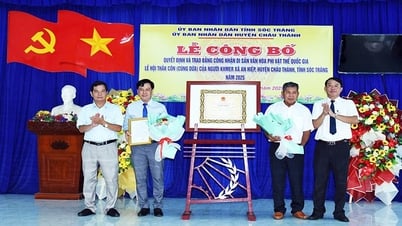












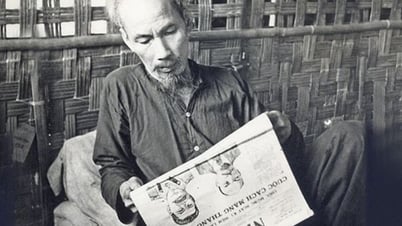





![[Maritime News] Wan Hai Lines invests $150 million to buy 48,000 containers](https://vphoto.vietnam.vn/thumb/402x226/vietnam/resource/IMAGE/2025/6/20/c945a62aff624b4bb5c25e67e9bcc1cb)




















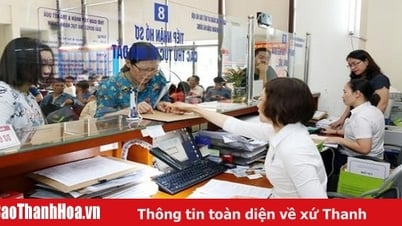





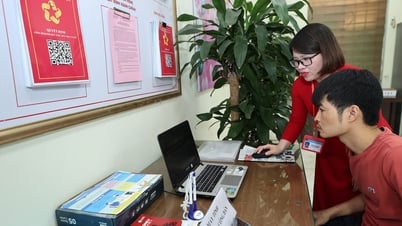














Comment (0)